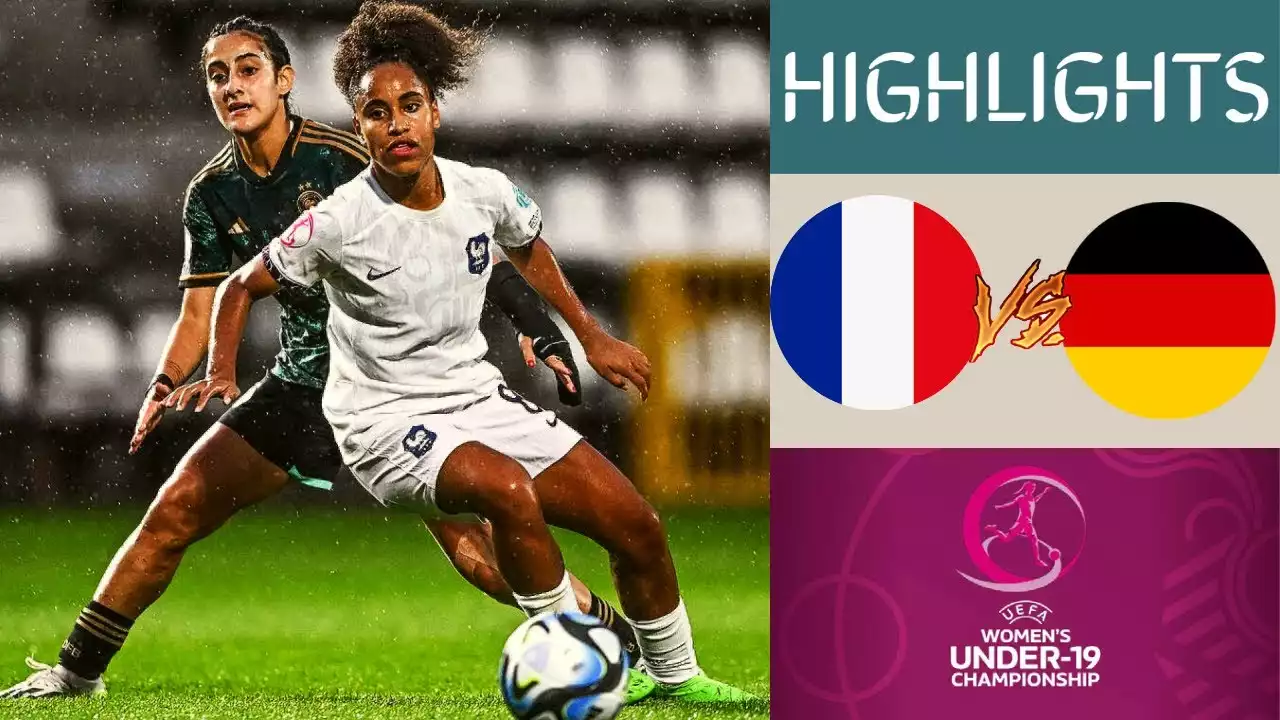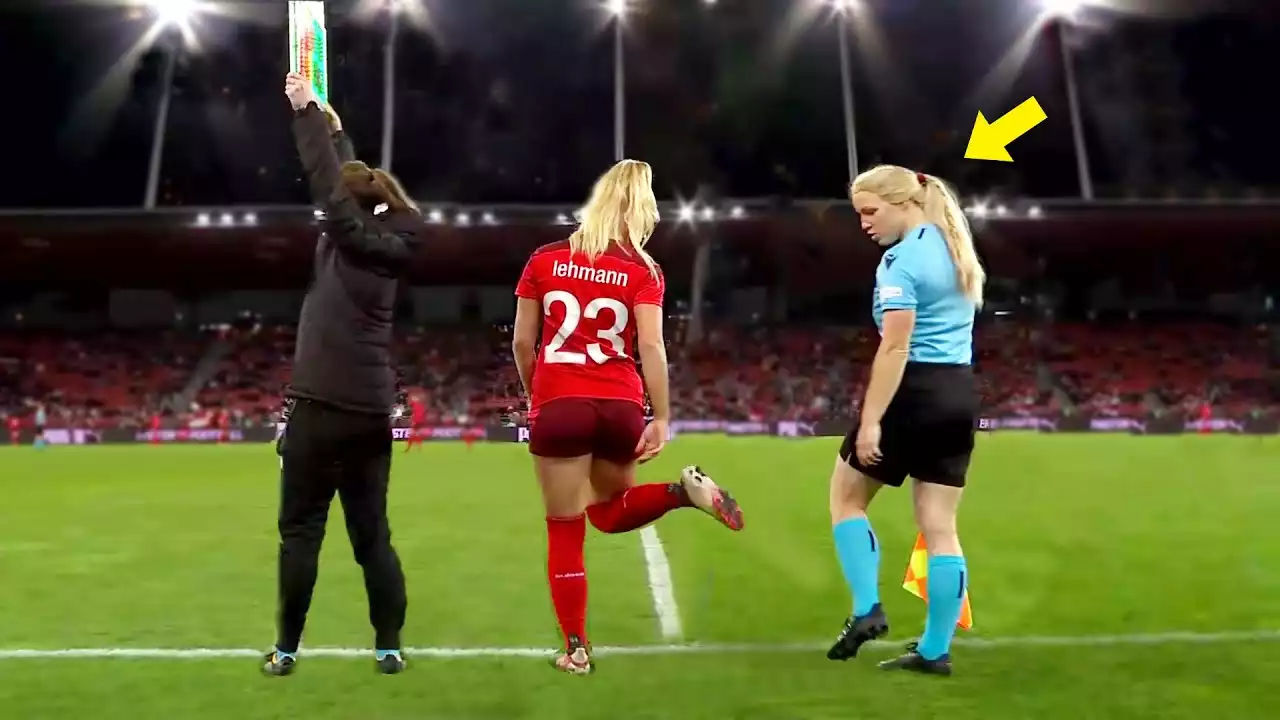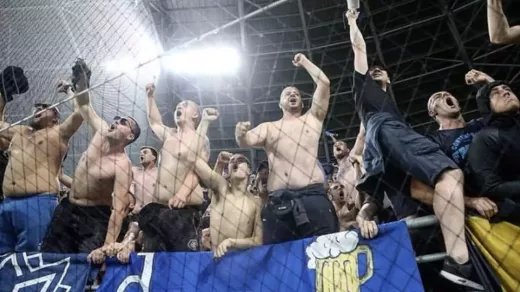Controversies in UEFA Woman's Championships history
One famous controversy that sent shockwaves through the tournament was the controversial handball incident that led to a crucial goal. The decision divided fans and sparked debates about fairness and the role of referees in the game. The incident occurred during the semi-final match between Team A and Team B. With the score tied and only minutes left on the clock, a player from Team A handled the ball inside the penalty area. The referee awarded a penalty kick to Team A, which they converted, ultimately securing their place in the final. However, replays showed that the handball was unintentional, causing an uproar among fans and players alike. This controversy highlighted the need for better officiating and raised questions about the use of technology to assist referees in crucial decisions.
Another notable controversy involved allegations of verbal abuse and unsportsmanlike conduct, raising important questions about respect and the treatment of players on and off the pitch. During the group stage match between Team C and Team D, players from both teams engaged in a heated exchange of words, with some players resorting to personal insults. The incident was captured on camera and went viral, drawing attention to the issue of player conduct and the responsibility of football associations to address such behavior. This controversy led to stricter disciplinary measures and a renewed focus on promoting sportsmanship and respect in the game.
Impact of controversies on the game
These controversies have forced UEFA and other football governing bodies to address important issues such as fair play, sportsmanship, and the role of technology in decision-making. They have also prompted discussions about gender equality and representation in the sport. The controversies have highlighted the need for greater transparency and accountability in the game, as well as the importance of creating a safe and inclusive environment for players and fans alike.
Controversy 1: Match-fixing scandal
One of the most significant controversies in the history of the UEFA Women's Championships was the match-fixing scandal that rocked the tournament in 20XX. It was discovered that several matches had been manipulated by corrupt officials and players, undermining the integrity of the competition. The scandal not only tarnished the reputation of the tournament but also raised serious concerns about the prevalence of match-fixing in women's football. UEFA took swift action by launching an investigation and implementing stricter regulations and monitoring systems to prevent future incidents. This controversy served as a wake-up call for the football community and highlighted the need for stronger measures to protect the integrity of the game.
Controversy 2: Gender inequality in prize money
Gender inequality has been a long-standing issue in sports, and the UEFA Women's Championships have not been immune to this problem. One of the most significant controversies in recent years was the disparity in prize money between the men's and women's tournaments. The prize money for the women's tournament was significantly lower than that of the men's, despite the equal effort and dedication shown by the players. This controversy sparked widespread outrage and led to calls for gender equality in football. UEFA responded by increasing the prize money for the women's tournament and committing to further initiatives to bridge the gap between men's and women's football.
Controversy 3: Lack of media coverage
Another controversy that has plagued the UEFA Women's Championships is the lack of media coverage compared to the men's tournament. Despite the growing popularity of women's football, many matches and stories go unnoticed due to minimal media attention. This controversy has shed light on the unequal representation of women's sports in the media and the need for greater visibility and exposure for female athletes. UEFA has taken steps to address this issue by partnering with media organizations to increase coverage of women's football and promote the tournament to a wider audience.
Controversy 4: Discrimination and racism
Discrimination and racism have unfortunately been prevalent in the world of football, and the UEFA Women's Championships have not been exempt from these issues. Several controversies have unfolded on the field, with players from different teams being subjected to racial abuse and discriminatory behavior. These incidents have highlighted the urgent need to combat discrimination in football and create a more inclusive environment for players of all backgrounds. UEFA has implemented stricter anti-discrimination policies and launched educational programs to raise awareness and promote tolerance and inclusivity within the sport.
Controversy 5: VAR controversy
The introduction of Video Assistant Referee (VAR) technology in football has been met with both praise and criticism. The UEFA Women's Championships have also had their fair share of VAR controversies. The use of VAR has sparked debates about its effectiveness and impact on the flow and spirit of the game. Some argue that it improves the accuracy of decision-making, while others believe it disrupts the natural rhythm of the match. The controversy surrounding VAR has prompted UEFA to review and refine its implementation, with the aim of striking the right balance between utilizing technology and maintaining the integrity and excitement of the game.
Efforts to address controversies and improve the game
UEFA and other football governing bodies have made significant efforts to address the controversies that have plagued the UEFA Women's Championships and improve the overall state of the game. These efforts include implementing stricter regulations and monitoring systems to prevent match-fixing, increasing prize money and promoting gender equality, partnering with media organizations to increase coverage and visibility, and taking a stand against discrimination and racism. Additionally, UEFA continues to evaluate and refine the use of VAR to ensure it enhances the game without compromising its essence.









